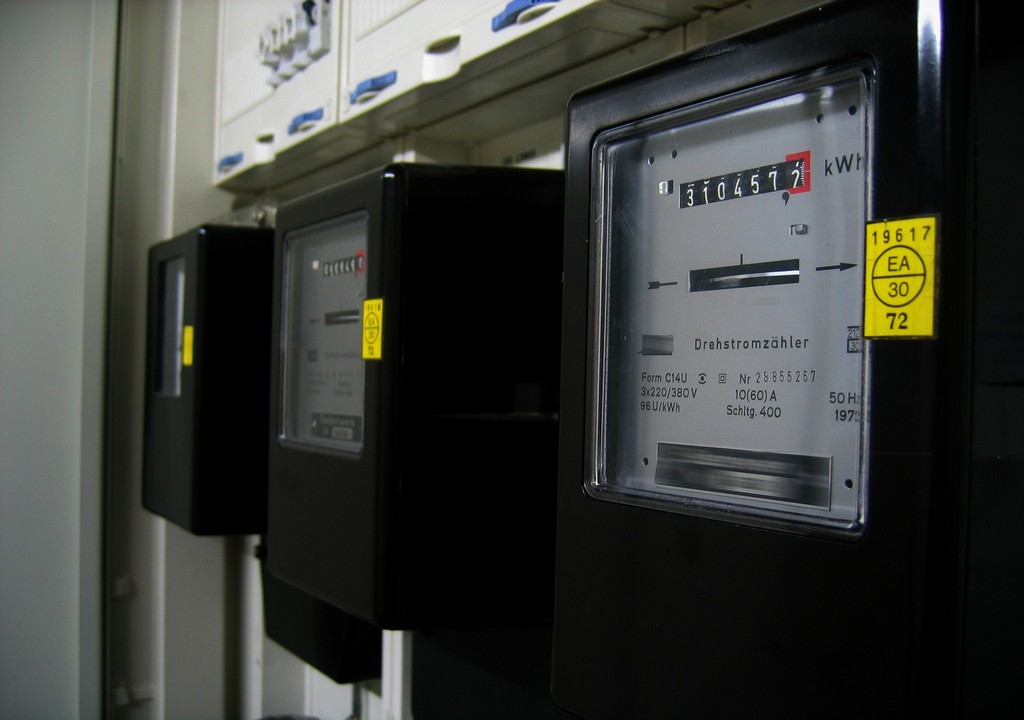Supreme Court issues TRO vs DOE, ERC’s new RCOA policy
- February 22, 2017
- 0

The high court granted the TRO on the grounds that the new policy limits big power consumers from choosing their electricity supplier, as they are only supposed to choose from 23 retail energy suppliers (RES) dictated by ERC.
“The Court noted that petitioners have established a clear, legal right to the TRO considering that the EPIRA Law provides for the voluntary migration of end-users to the contestable market and there appears to be no basis for the mandatory migration being ordered by the DoE and the ERC through the questioned issuances,” Supreme Court Public Information Office (PIO) Chief Theodore Te told the media after the en banc session.
The TRO is effective immediately until further notice. The Supreme Court also took into consideration the February 26 deadline set by ERC for consumers to enter into a contract with any of the 23 RES.
“If a TRO is not issued, the petition will become moot and petitioners stand to suffer grave and irreparable injury because they will be disconnected from the distribution utility or make to pay a supplier of last resort a 10 percent premium between the higher contracts and the Wholesale Electricity Spot Market,” the Supreme Court said.
The High Court acted on a petition filed by the Philippine Chamber of Commerce and Industry (PCCI), Ateneo de Manila University, Riverbanks Development Corp., and San Beda College-Alabang.
PCCI earlier said the policy limits the consumers’ choice of suppliers because it blocks distribution utilities from participating even though they can offer lower prices to customers.
The petitioners said the new resolutions are “unconstitutional for usurping legislative authority, violating the right to due process and equal protection and the non-impairment clause as well as for being unreasonable exercise of police power.”